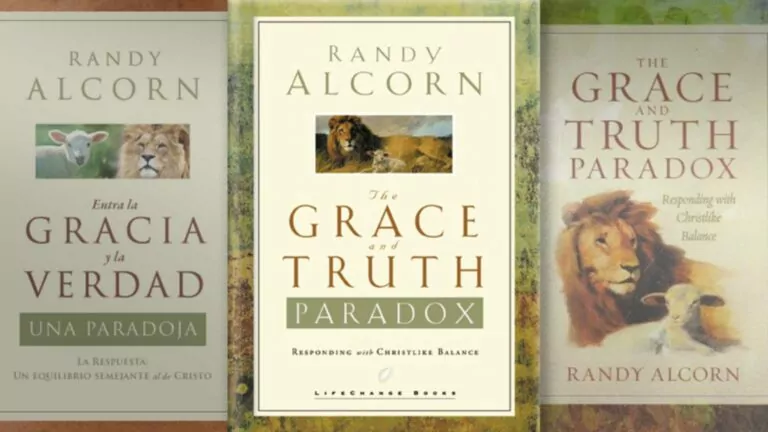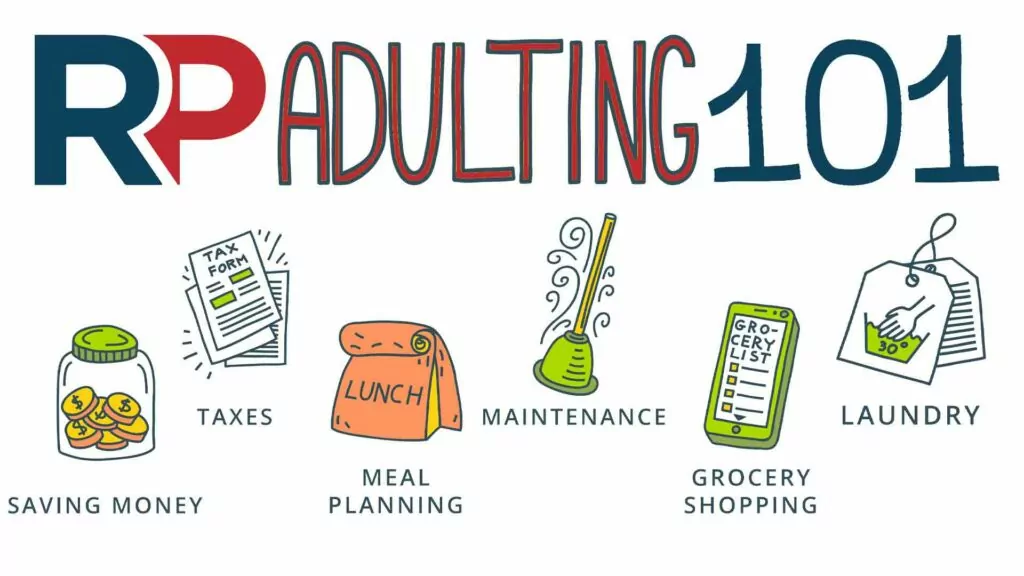by Randy Alcorn
Multnomah Books
2003 / 92 pages
I was just chatting with a friend, and we discovered we’ve both been handing out Randy Alcorn books to loads of people, but while he’s been gifting Alcorn’s The Treasure Principle, I’ve been passing along The Grace and Truth Paradox.
So what’s so great about this Alcorn book? Well, imagine if this Sunday the service ended right after the reading of the Ten Commandments. You’ve just been confronted with the Truth that you’ve offended God with your many sins and deserve eternal punishment… and then that’s it, the service is over.
Wouldn’t that be dreadful? Alcorn notes that this is what Christians do too often – we present the world a graceless Truth. Or, if we remember to be Gracious, we do so by minimizing the Truth. For example, some graceless Christians are eager to shout out the Truth about homosexuality. But if that Truth is presented without Grace then instead of prompting homosexuals to ask us to Whom they can turn for help, they are sure to run from us. Other Christians, determined to act with more Grace, do so by downplaying the sinfulness of homosexuality – Truth is sacrificed. Once again, instead of leading homosexuals to repentance, our interactions with the world lead to the furtherance of sin.
As Alcorn writes:
Truth-oriented Christians love studying Scripture and theology. But sometimes they’re quick to judge and slow to forgive. They’re strong on truth, weak on grace. Grace-oriented Christians love forgiveness and freedom. But sometimes they neglect Bible study and see moral standards as “legalism.” They’re strong on grace, weak on truth….
Truth without grace breeds a self-righteous legalism that poisons the church and pushes the world away from Christ. Grace without truth breeds moral indifference and keeps people from seeing their need for Christ. Attempts to “soften” the gospel by minimizing truth keep people from Jesus. Attempts to “toughen” the gospel by minimizing grace keep people from Jesus. It’s not enough for us to offer grace or truth. We must offer both.
Alcorn’s little book packs a huge wallop and would be of great benefit to young and old. It really is a book everyone should read as we all have problems, one way or the other, in presenting a “Graceful Truth.”












